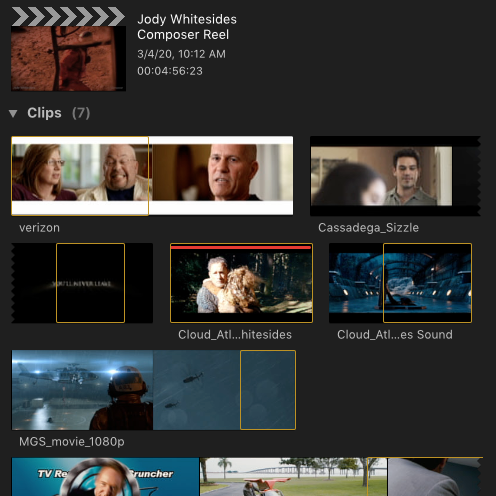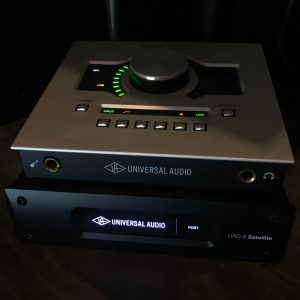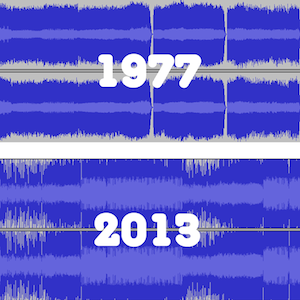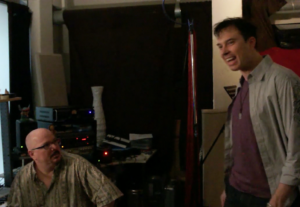2020 got off to a start of injuries.
Over the holidays I had a bizarre fall coming home from skiing. The driveway is a little sloped and I took a slightly wrong step, one leg shot out and I landed on top of my other leg. As I was going down I was thinking, please don’t break, please don’t break. Funny what we can process in the span of a split second. I could feel my bones in my lower leg start to twist. Then it was over. Maybe another millimeter and I might be in a cast right now. Instead I had a major sprain in my ankle and knee.
6 weeks later and I’m still having moments of noticing tender movements of my ankle. Thus it’s not 100% healed yet, but getting close.
Musically I’ve been working on finishing a multitude of projects for artists I’m producing to music I’m doing for me.
First thing that got finished was a single for a female artist out of Utah. That was a long time coming. Happy to have it done and when the artist finally gives me a release date, I’ll make note of it here.
Another project I’ve been working on is MūSE PC, a songwriter’s collective where I’m helping other songwriters to improve their songwriting chops. One fun project we’ve started is a group writing / recording project for a single song based on lyrics that everyone involved will get credit for.
I have multiple singles that have various states of finish. By that I mean I have a spreadsheet of things that each song needs to have completed before I can schedule a date to release it. I have 2 that are completely in the can and done. However I’m looking to have at least 6 done and in the can before I start my release schedule. Lots of them need music videos. Which is where I need to work more on brainstorming ideas for them. Some still need lyric videos, and while I had been working on a lot of them I’ve hit a wall on one where my idea might be a tad more complicated than its execution is realistic. Thus I need to reassess if I should change it out. In the mean time you can get down with this fantastic song.
I finally got asked to submit a composer’s reel for an upcoming film project. First time I’ve ever been asked to do so. So I had to spend some time hunting down all the projects I’ve done music for to be edited together into a cohesive unit for the project. While doing this task, I started to realize how many projects I’ve done and never got the final product sent to me. I guess I’m usually so busy moving on to the next thing that it was weird to go back and look at what I’ve done in the past.
Now that I’ve got some of these things done, I can get back to finishing the steps for these singles. Though I’m guessing that right now it won’t be until May before I start getting more music videos finished.





